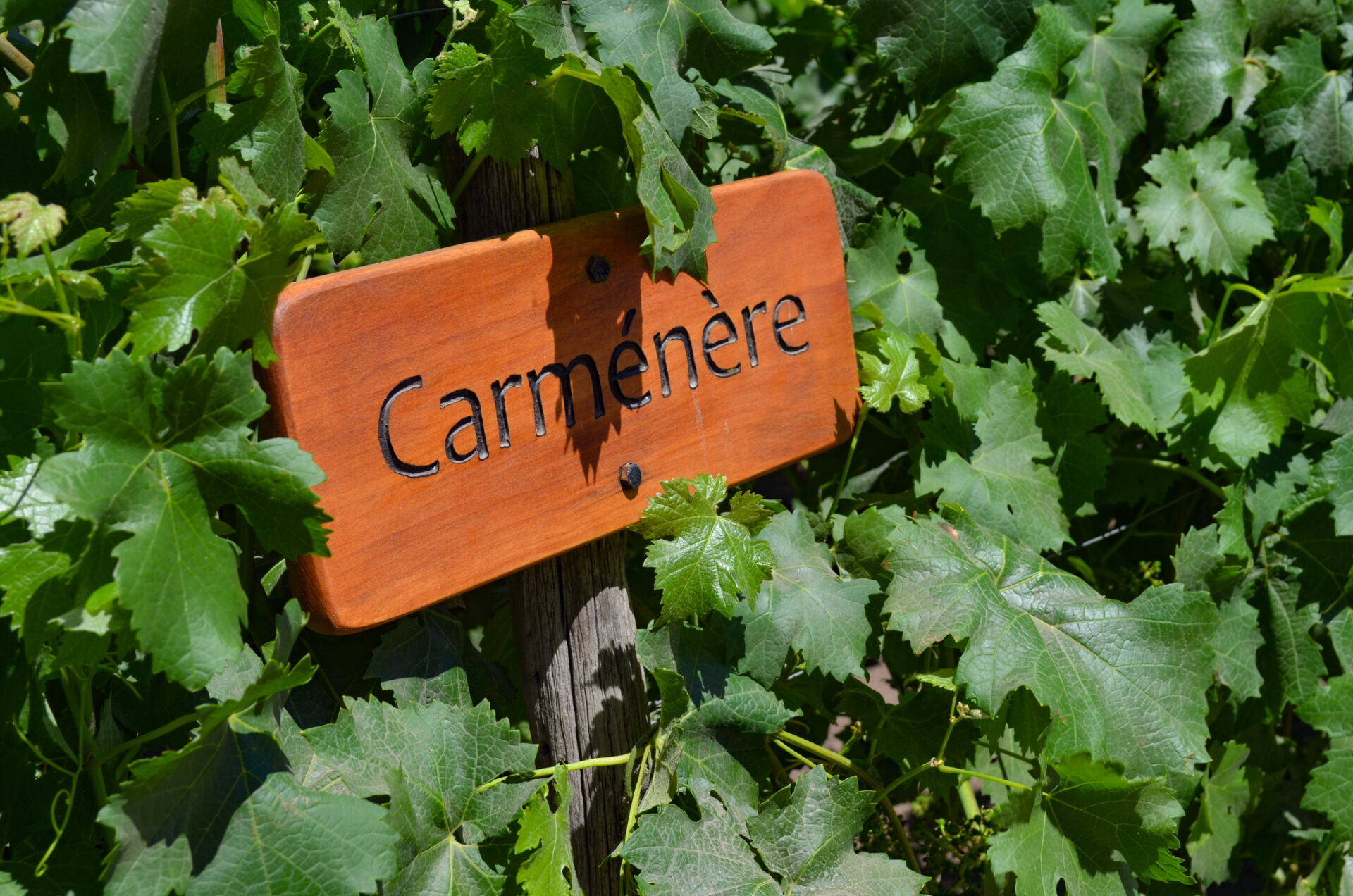Chile is becoming increasingly attractive to investors looking to back nature-based and/or sustainable agriculture-based solutions.
The latest to do so is UK-based Astarte Capital Partners, a global firm that focuses on real assets and recently announced a partnership with Chile-based alternative investment manager Toesca.
Together, the two plan to establish an investment platform focused on regenerative agriculture in permanent crops for Chile and the broader Latin America region. The Toesca Permanent Crops II fund will be part of the Astarte Platform and will invest $350 million in a portfolio of solutions for permanent crop production.
Permanent crops like fruit and nut trees are rising in popularity due to shifting consumer diets. Meanwhile, investors are increasingly backing regenerative and/or sustainable agriculture solutions.
Chile grows and exports a number of different crops, from table grapes — the country’s largest fresh produce crop by volume — to cherries to apples and citrus.
As a player on the global agricultural stage, Chile has several advantages, including its stable currency and strong credit rating, its wealth of natural resources, and its access to global markets.
AgFunderNews recently caught up with Astarte cofounder and managing partner Dr. Stavros Siokos to learn more about the partnership with Toesca and the firm’s ambitions for Latin America.
AgFunderNews (AFN): Give us a bit more background on how the partnership with Toesca came about
Stavros Siokos (SS): Astarte Capital Partners is dedicated to investing in sustainable real assets within the natural capital space, with a core focus on forestry and agriculture. These sectors play a critical role in addressing climate change, enhancing food security, and advancing the path toward net-zero emissions.
Chile stands out as one of the most advanced countries in agriculture, offering an ideal combination of favorable climatic and logistic conditions, alongside exceptional local expertise.
After years of searching for the right partners, Astarte was introduced to Toesca, one of South America’s leading asset management firms. Toesca has an outstanding track record in agriculture and shares a strong commitment to sustainability, making them an ideal partner for Astarte’s mission.
AFN: What motivated the focus on Latin America?
SS: South America offers ideal growth conditions for selected crops, characterized by optimal soil quality, a favorable climate, and reliable water availability.
Agricultural yields in the region are comparable to those of the highest-producing areas globally.
As an established and stable market, Chile boasts a strong credit rating and minimal currency risk, with all transactions conducted in US dollars. The country’s geographical isolation and favorable climate provide natural protection against common agricultural pests and diseases, enabling more efficient and sustainable farming practices.
Additionally, counter-seasonal harvests in the Southern Hemisphere allow Chilean exporters to capitalize on price premiums by supplying markets in the Northern Hemisphere during winter months.
AFN: What about the focus on permanent crops?
SS: Permanent crops offer a more sustainable farming approach than other agricultural produce, providing a higher capacity for carbon capture, lower resource requirements, greater resilience to climate risk, and greater biodiversity compared to annual and row crops.
AFN: How much of the $350 million has already been raised?
SS: Astarte and Toesca have committed $45 million with official capital raising set to commence in Q1 2025. We have already received strong interest and indicative soft commitments from institutional investors across Europe, Australia, and Canada, covering a significant portion of the funding capacity.
AFN: What do you look for in potential investments for this fund?
SS: Specific permanent crops and regions in Chile have been carefully selected following an extensive analysis of market dynamics, profitability, pricing, key risks, climatic conditions and long-term fundamentals.
The chosen crops—avocados, citrus and hazelnuts—offer the most favorable risk/reward balance. The partnership is currently executing a number of deals that include both greenfield and brownfield developments.





